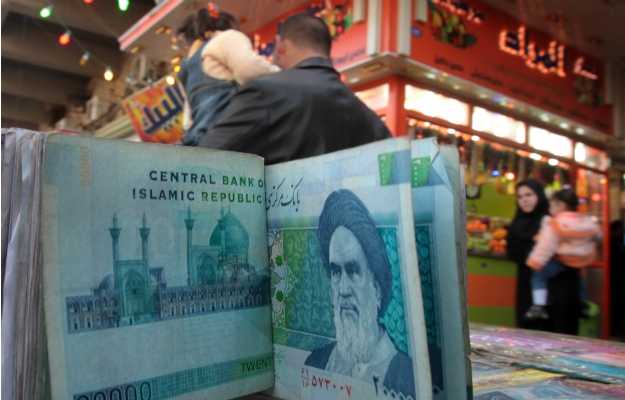Tuesday 23 December 2014 - 00:15
Story Code : 6860
As Iranian rial plunges, US Congress looks at expanding Iran sanctions
WASHINGTON: Key lawmakers in the US Congress are looking at ways to expand�economic sanctions�on Iran, measures that have helped pushed the country's currency into free fall but have not yet pressured�Tehranto abandon its nuclear program.
"We are seriously looking at additional policy options, including further closing the (Central Bank of Iran) to transactions and other measures designed to impact Iran foreign currency reserves," an aide to Democratic Senator Robert Menendez said on Friday.
One congressional aide said that some lawmakers believe that if all banking transactions except for food and medicine were covered, the Iranian economy would collapse "pretty quickly."
Menendez and Republican Senator Mark Kirk were co-authors of a sanctions law passed in December that targeted revenues from Iran's oil sales as a way to stop Iran from pursuing nuclear weapons. Iran says itsnuclear program�is for peaceful purposes.
The plunge of the�rial�and signs of civil unrest in Tehran have given Western policymakers hope that economic sanctions may be biting deeper. The stakes are high, with Israeli Prime Minister Benjamin Netanyahu last week suggesting Israel might use military force against Iran if its uranium enrichment program passes what he termed a 'red line'.
Iran has blamed the plunge in the currency on what it says is a foreign conspiracy.
The�European Union�has begun discussing the possibility of its own broad trade embargo against Iran that would include sweeping measures against the central bank and energy industry.
But Western powers are moving cautiously, fearing overly aggressive moves could backfire and rally the population behind Iranian President�Mahmoud Ahmadinejad.
The new U.S. congressional measures could become part of an annual defense policy bill, which the Senate and House need to finalize after the Nov. 6 presidential election, said a second senior aide, who spoke on condition of anonymity.
"It's just a matter of tweaking the current law, very slightly," the aide said.
The Iran Project is not responsible for the content of quoted articles.
# Tags











